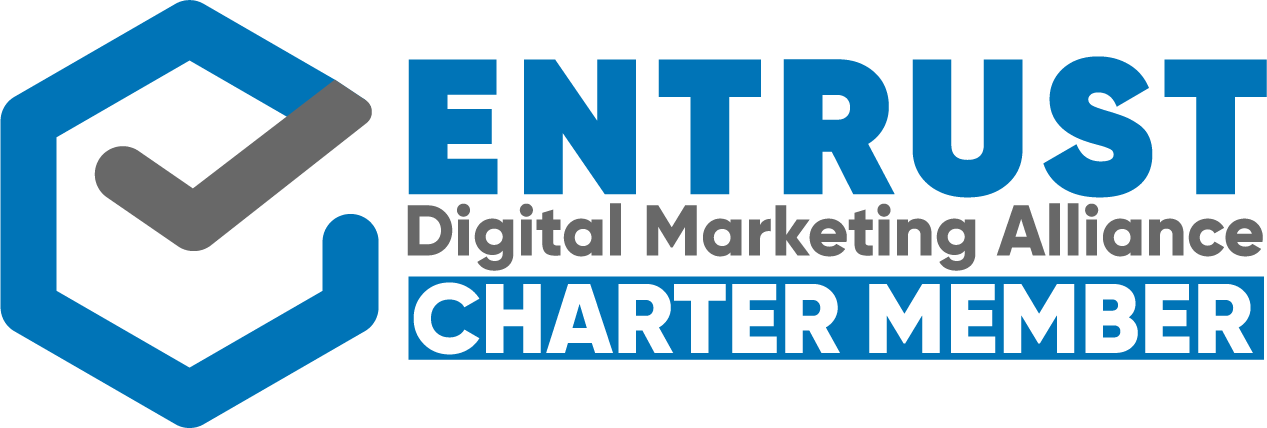Keeping Employees Engaged: The Importance of Year-Round Benefits Communication
 Most organizations treat employee benefits like a seasonal event. Open enrollment brings a flurry of activity – emails, seminars, and even benefits fairs. However, communication often dwindles after this initial push, leaving employees confused and underutilizing their valuable benefits.
Most organizations treat employee benefits like a seasonal event. Open enrollment brings a flurry of activity – emails, seminars, and even benefits fairs. However, communication often dwindles after this initial push, leaving employees confused and underutilizing their valuable benefits.
Start Today: Building a Heart-Healthy Lifestyle
 February is American Heart Month, a time to raise awareness about cardiovascular health and how to keep your heart in top condition. Are you taking steps to protect your heart? You can actively reduce your risk for heart disease by adopting a healthy diet, staying physically active, and managing your cholesterol and blood pressure.
February is American Heart Month, a time to raise awareness about cardiovascular health and how to keep your heart in top condition. Are you taking steps to protect your heart? You can actively reduce your risk for heart disease by adopting a healthy diet, staying physically active, and managing your cholesterol and blood pressure.
The Power of HSAs: A Guide to Healthcare Savings
 New to a Health Savings Account (HSA)? Here’s What You Need to Know
New to a Health Savings Account (HSA)? Here’s What You Need to Know
As the name suggests, a Health Savings Account(HSA) is a special savings account used to pay for healthcare-related expenses. An HSA has potential financial benefits for now and later. Not only can you save pre-tax dollars in this account to pay for qualified medical expenses (QMEs), but HSAs can also provide valuable retirement benefits.
Employee Benefits in 2025: Adapting to a Changing Workforce
 Employee benefits are the indirect and non-cash compensation paid to an employee. These benefits are given to employees over their salaries and wages. As we look ahead to 2025, companies are increasingly exploring innovative solutions to address the evolving needs of their workforce. Driven by shifts in work environments, economic challenges, and technological progress, the following trends are becoming key elements of a competitive employee benefits package.
Employee benefits are the indirect and non-cash compensation paid to an employee. These benefits are given to employees over their salaries and wages. As we look ahead to 2025, companies are increasingly exploring innovative solutions to address the evolving needs of their workforce. Driven by shifts in work environments, economic challenges, and technological progress, the following trends are becoming key elements of a competitive employee benefits package.
Coping with Holiday Blues: Tips for a Brighter Christmas
 For some, the lyrics “with those holiday greetings and gay happy meetings when friends come to call, it’s the hap-happiest season of all” stirs happy memories of Christmas caroling. However, for others, the holidays can be one of the most stressful and isolating times of the year. The season often brings a whirlwind of demands—shopping, baking and entertaining to name a few. For those managing mental health conditions like depression or anxiety, these challenges can feel even more overwhelming.
For some, the lyrics “with those holiday greetings and gay happy meetings when friends come to call, it’s the hap-happiest season of all” stirs happy memories of Christmas caroling. However, for others, the holidays can be one of the most stressful and isolating times of the year. The season often brings a whirlwind of demands—shopping, baking and entertaining to name a few. For those managing mental health conditions like depression or anxiety, these challenges can feel even more overwhelming.
Essential Benefits Terms: What You Need to Know
 Employee benefits can be a complex landscape, filled with acronyms and unfamiliar terms. In fact, more than 50% of American adults report that they don’t have a clear understanding of their health insurance. Many people are confused because they reach adulthood without ever learning the basics of health insurance terminology. Illiteracy about health insurance is costly to employees and employers alike. Educating employees on common benefits lingo can help them make informed decisions and maximize their benefits. (more…)
Employee benefits can be a complex landscape, filled with acronyms and unfamiliar terms. In fact, more than 50% of American adults report that they don’t have a clear understanding of their health insurance. Many people are confused because they reach adulthood without ever learning the basics of health insurance terminology. Illiteracy about health insurance is costly to employees and employers alike. Educating employees on common benefits lingo can help them make informed decisions and maximize their benefits. (more…)
The Right Care, at the Right Time: ER vs. Urgent Care
 All too often, illness or injury appears out of the blue: You wake up in the middle of the night with intense abdominal pain. Or your baby spikes a high fever on the weekend. These situations are stressful and it’s hard to think when you’re under stress. But you need to decide where to go to get medical care for yourself or a loved one. Understanding the levels of acute medical care before you need it can help you focus and get the appropriate help quickly.
All too often, illness or injury appears out of the blue: You wake up in the middle of the night with intense abdominal pain. Or your baby spikes a high fever on the weekend. These situations are stressful and it’s hard to think when you’re under stress. But you need to decide where to go to get medical care for yourself or a loved one. Understanding the levels of acute medical care before you need it can help you focus and get the appropriate help quickly.
Make the Most of Your FSA
 When it comes to health insurance, there is a lot of jargon and plenty of acronyms. Many people have heard of FSAs, but may not actually know — what is a flexible spending account, exactly?
When it comes to health insurance, there is a lot of jargon and plenty of acronyms. Many people have heard of FSAs, but may not actually know — what is a flexible spending account, exactly?
One Size Doesn’t Fit All: Tailoring Benefits for Gen Z
 Get ready for a new wave of talent! Gen Z (born between 1997 and 2012), or Zoomers, is the youngest generation entering the workforce, and they’re bringing fresh perspectives and priorities. Unlike previous generations, Gen Z isn’t just punching a clock. They crave opportunities for personal and professional growth, a workplace that prioritizes mental well-being, and financial security for the future.
Get ready for a new wave of talent! Gen Z (born between 1997 and 2012), or Zoomers, is the youngest generation entering the workforce, and they’re bringing fresh perspectives and priorities. Unlike previous generations, Gen Z isn’t just punching a clock. They crave opportunities for personal and professional growth, a workplace that prioritizes mental well-being, and financial security for the future.
Benefits That Matter: Attract and Retain Millennial Talent
 Today’s workforce is a mix of generations, but you can’t afford to overlook Millennials, the largest generation in the workforce. Known for their flexibility and problem-solving skills, Millennials bring a powerful combination of experience and value to any company.
Today’s workforce is a mix of generations, but you can’t afford to overlook Millennials, the largest generation in the workforce. Known for their flexibility and problem-solving skills, Millennials bring a powerful combination of experience and value to any company.





